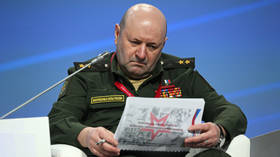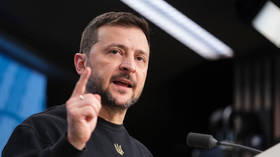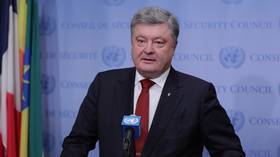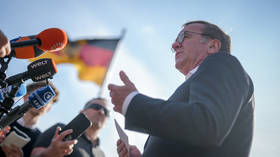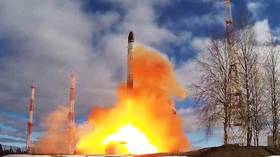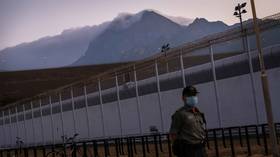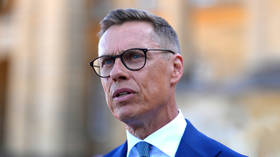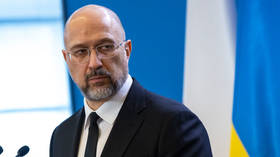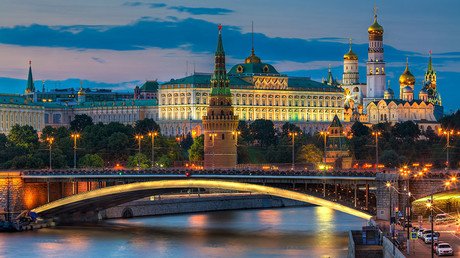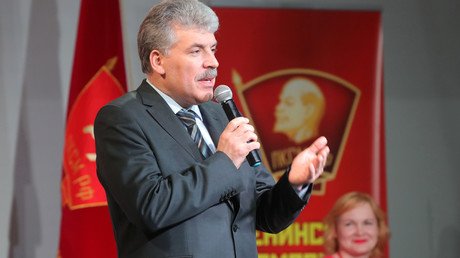Your guide to 2018 Russian presidential election candidates: 4. Vladimir Zhirinovsky (LDPR)
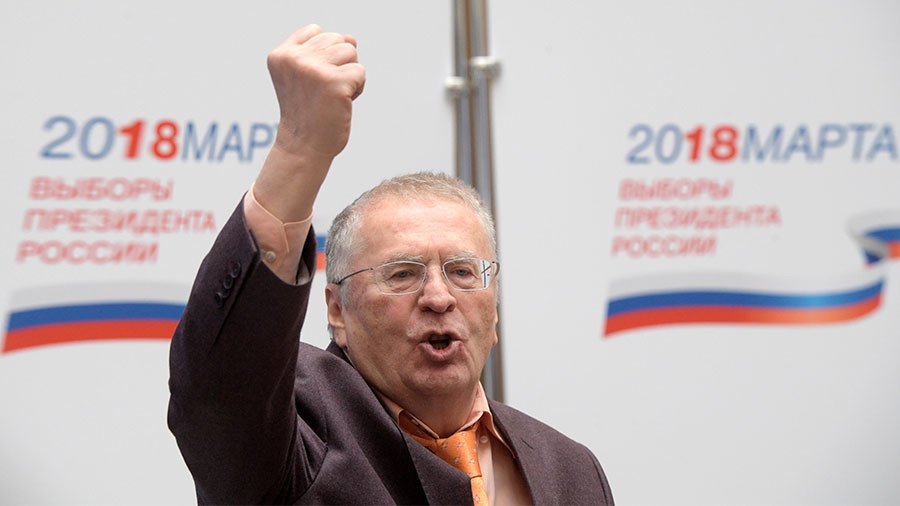
Russians will choose between eight presidential candidates on March 18, and Vladimir Zhirinovsky is the most electorally experienced hopeful. A rabble-rouser who is notorious for his outspoken views.
Who?
Vladimir Zhirinovsky
Party?
Liberal Democratic Party of Russia (LDPR)
What is his background?
Zhirinovsky is neither a liberal nor much of a democrat. Instead, he’s a hardcore jingoistic nationalist, best described as Russia’s version of Donald Trump. However, long before Trump ever sought electoral office, Zhirinovsky was a Russian presidential candidate, and this is his sixth campaign.
More of an entertainer than a politician with serious ambitions these days, he’s a ubiquitous figure on Russian television, particularly on the Sixty Minutes and Vladimir Soloviev shows, which score high ratings. Thus, while the LDPR frontman wouldn’t have much in common with Harvey Milk, he would surely approve of the brilliant American gay rights leader’s observation that “politics is theater. It doesn't matter if you win. You make a statement. You say, ‘I'm here, pay attention to me.’”
Zhirinovsky was born in Kazakhstan to a Jewish father from Poland and a Russian mother. He worked as a lawyer in Moscow during the Soviet years, before entering the public eye as a co-founder of the USSR’s first opposition party in 1991.
Does he have political experience?
Plenty of it. Zhirinovsky has led the LDPR since 1992, winning 23 percent of the vote in the 1993 Duma (parliament) elections. The party’s support fell to around 11 percent through much of the ‘00s, before rising to 13 percent in the 2016 ballot. As a presidential candidate, he scored 8 percent in 1991 and recorded his worst score (almost 3 percent) in 2000, before bouncing back with 9 percent in 2008. In 2012, his share was 6 percent, in a weak fourth-place showing.
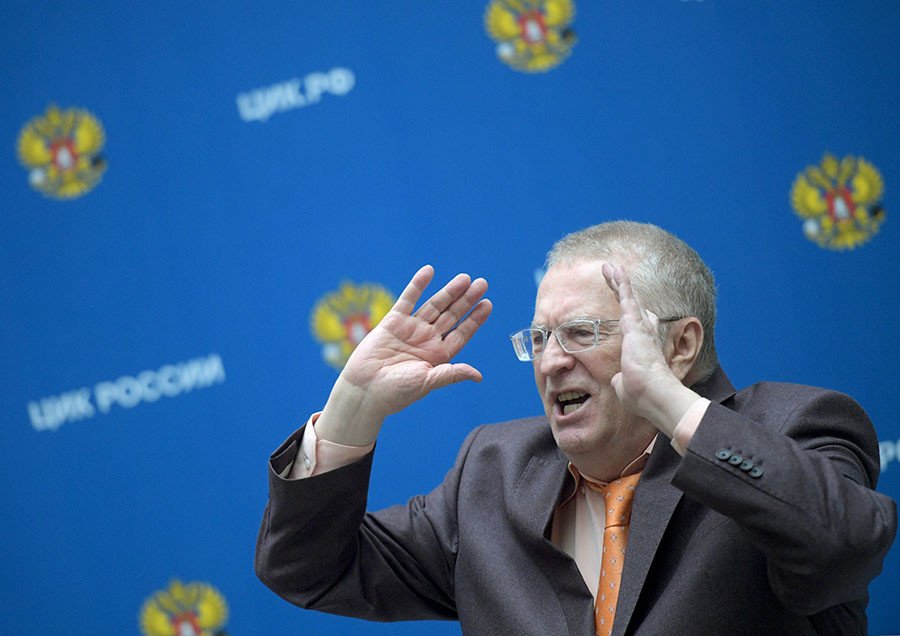
What are his views?
The LDPR leader makes the aforementioned Trump look like a tolerant and empathetic kind of guy. For instance, he recently told Germany’s state-broadcaster, Deutsche Welle, how Russia should now “choose a monarch and change the country's name to the ‘Russian Empire.’ The president would be called the ‘supreme ruler.’” In the same interview, he proposed dividing Ukraine up between Russia, Poland, Hungary and Romania. And also warned his German audience how he would reverse Western anti-Russia sanctions by bringing the world “to the brink of war. I would say, ‘either you do what I want, or you'd better hide in a bunker.’”
Of course, this rhetoric was nothing new, by his standards. He has previously stated that “for democrats of pro-Western orientation there are only three roads: prison, the grave, and emigration.” And during the 2008 crisis in UK-Russian relations, he advocated dropping nuclear bombs over the Atlantic Ocean to cause floods in Britain.
In fairness, his scorn isn’t reserved for liberals either: only last year he threatened to “shoot and hang” MPs from the United Russia party, should he ever come to power. And he often accuses representatives of the movement, which was co-founded by Vladimir Putin and dominates the Duma, of corruption.
While many dismiss him as a clown, Zhirinovsky is far more intelligent than he is often given credit for. Indeed, many of his warnings about how the West views Russia have been proven to be quite accurate since relations took a nosedive in 2013.
What are his policies?
Zhirinovsky’s campaign has focused on problems concerning the electorate, such as poverty and the “humiliation of the people.” He guarantees to freeze consumer prices and completely eliminate poverty and unemployment. The LDPR leader also proposes overhauling the education system and building millions of new homes.
Potential weaknesses?
A candidate who has never managed more than 10 percent in five presidential elections obviously has a lot of negatives. Furthermore, his continued presence at the forefront of Russian politics suggests the Russian right-wing is disorganized and reluctant to properly mobilize. Zhirinovsky acts as a sponge for disgruntled Russian nationalists and, unlike Sobchak or Grudinin, seems to have no real political goals, at this point. He enjoys his celebrity and notoriety and a continued high-profile TV presence is the summit of his ambitions.
What is his likely post-election role?
At the age of 71, you’d have to imagine political retirement soon beckons. Indeed, it’d be somewhat incredible if Zhirinovsky appeared on the ballot next time around (in 2024).
Slogan
“Let's make a powerful leap forward together”
Footnote – There are four other contenders in Sunday's vote. They are Sergey Baburin (Russian All-People's Union), Maxim Suraykin (Communists of Russia), Boris Titov (Party of Growth) and Grigory Yavlinsky (Yabloko). None of the quartet has managed to push beyond 1 percent in the polls (ie. within the margin of error).
Bryan MacDonald, for RT


